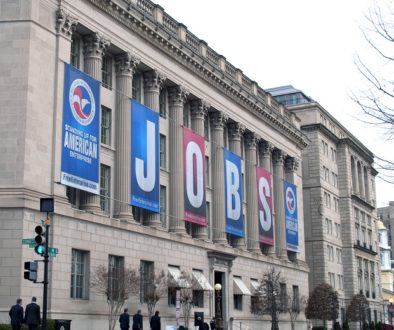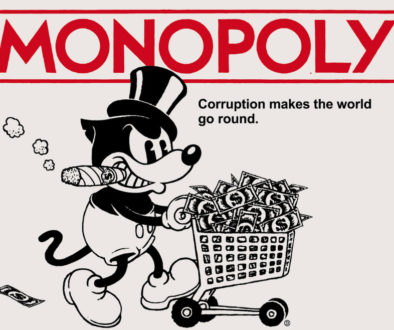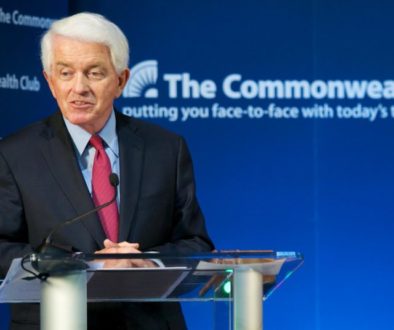Conservatives work to shield Chamber from investors’ calls for transparency
As President Trump pulls America out of the Paris climate agreement and Congress threatens to take health care away from 22 million people, it is becoming more and more clear that conservatives are making policy choices intended to scratch the backs of big companies and the wealthy few rather than protect regular Americans. Beyond the usual pandering to corporate interests, some conservatives are taking this a step further and using the critical federal budget process to push dangerous policy, sneaking in additional “poison pill riders” to this must pass funding legislation.
Recently, the House Appropriations subcommittee on Financial Services and General Government released its budget draft, which includes a harmful policy rider that stops the Securities and Exchange Commission (SEC) from working on or finalizing a rule that would require corporations to tell shareholders (the owners of their companies) how they spend money to influence politics.
Corporate attempts to influence our politics are nothing new, but since the Supreme Court’s decision in Citizens United corporations are allowed to spend unlimited amounts of money to influence the outcomes of our elections. One way they do this is through trade associations like the National Restaurant Association, the Business Roundtable, and the U.S. Chamber of Commerce. Many of the country’s largest companies do not disclose what they pay to their trade associations that both spend money directly on elections, and spend money lobbying on behalf of their corporate members.
The use of this secret channel is particularly troublesome because these trade associations oftentimes have a smoke and mirrors approach to policy. The Chamber, the nation’s largest business lobby, claims to work in the interests of small businesses when in reality it the Chamber uses its $275 million budget to push the biggest corporate agendas on issues almost every issue from the environment to worker safety to financial regulation to healthcare. Similarly, the Chamber claims to be bipartisan and yet it spent $29 million in election spending exclusively benefiting Republican candidates in 2016.
Many of the companies funding the Chamber take public stances in opposition to the Chamber’s, but the lack of information about the Chamber’s monetary gifts provides those companies with political cover. Disney, for instance, has committed to fighting climate change by pledging to reduce its net greenhouse gas emissions by 50 percent by 2020. It signed the American Business Act on Climate Pledge in support of the Paris climate agreement and took the Caring for Climate pledge as part of the United Nations Global Compact. Unfortunately, however, Disney also funds the Chamber, which actively lobbies against climate-friendly policies and funded the very study that President Trump cited in his rational for exiting the Paris Agreement. This secret Chamber funding led shareholders to file a resolution at Disney this spring asking the company to disclose its payments to the Chamber in addition to any other money it spends on lobbying.
Unfortunately, Disney isn’t the only company whose alleged corporate values are at odds with the aggressive work of the Chamber. Shareholders also filed the same lobbying disclosure resolution at UnitedHealth Group this year citing the company’s undisclosed funding of the Chamber. In just 15 months between 2009 and 2010, the Chamber spent more than $102 million dollars opposing the ACA. This money was funneled to the Chamber by the big health insurers. Among the companies to supplythe funding was UnitedHealth, who unlike its peers, Aetna, Anthem, CIGNA and Humana, does not disclose trade association memberships.
In Citizens United the Supreme Court made the assumption that disclosure would be the norm, allowing shareholders and customers to “hold corporations and elected officials accountable for their positions and supporters.” In reality, many companies still spend money on elections and on lobbying in secret, and shareholders deserve to access to details about this spending. In an era where corporate donors dominate our elections and our President is overly amenable to the Chamber’s corporate agenda, shareholders and the American public need all the transparency they can get. If Republicans have their way, investors will be kept in the dark and trade associations will continue to push for Big Business policies at the expense of everyday Americans.




